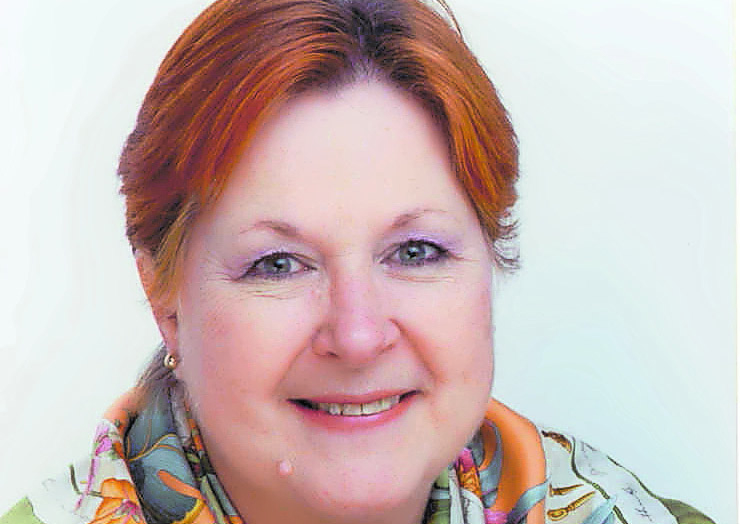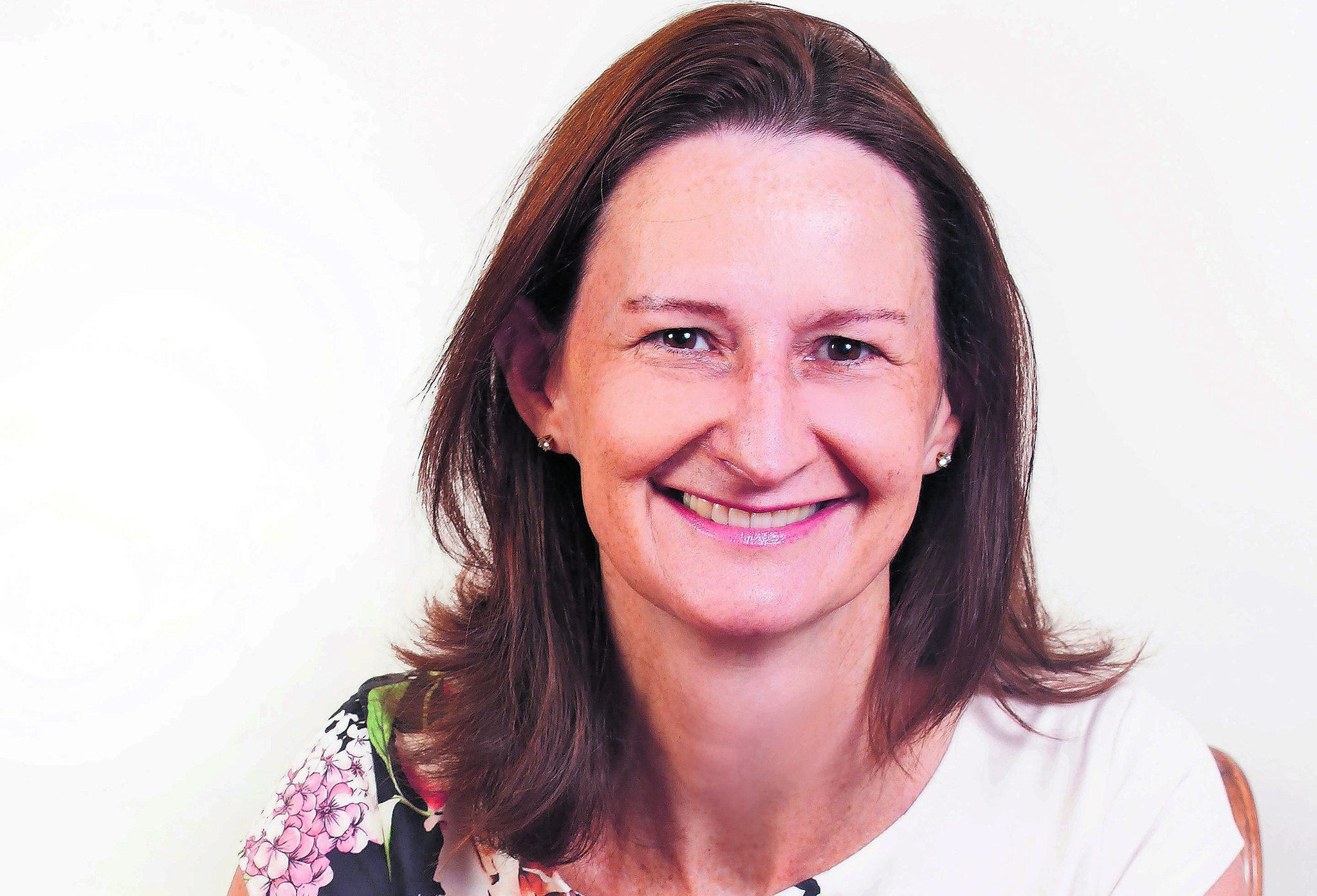Stephanie Griffiths, external moderator and judge
One of the core objectives of the IRFA’s Best Practices Industry Awards (BPIA) programme has always been to identify best practices, which set the standard for the industry, according to the external moderator and judge, Stephanie Griffiths.
She says that by bringing the best practices into the public domain the IRFA is adding to learning and the body of financial knowledge, which is reflected in the quality of entries presented by entrants in this year’s awards.
“The IRFA is focused on knowledge sharing and sharing of best practices to raise the level of operations in the retirement fund sector for the ultimate benefit of the members of funds both in South Africa and the rest of the continent,” says Griffiths.
The IRFA’s BPIA programme has grown from strength to strength over the three decades of its existence. Today, the BPIA reflects industry best practices on an international scale, attracting entrants from retirement funds and service providers across the spectrum and raising the standard in the industry.
Griffiths the principal of Cohesion Communication, Research and Development and a past Executive Chairperson of the 42 country strong International Association of Business Communicators says the awards have a judging panel that features subject matter experts and industry thought leaders, which ensures consistently high standards of excellence and learning for all entrants. This has contributed to the standard of entries improving exponentially over the years and is reflected by the fact that many of the BPIA’s winners have gone on to enter and win major international awards.
She says the BPIA programme has also improved over the years. An extensive programme review coupled with a local and international Best Practices research study benchmarked the awards and provided clear guidelines for evaluation criteria.
“The result of the exercise was the addition of a scientific component to the awards programme in the form of the ‘best practices checklist’ for each category,” says Griffiths. “As a result of this process, IRFA added a list of best practices as perceived by international and local industry leaders to the judging mix for use in evaluating entries. However, it is by no means prescriptive, and is merely used as an aid.”
IRFA’s Best Practices Study review also saw the addition of a number of awards categories, which now include the following areas of excellence:
Stakeholder Engagement and/or Education;
Governance;
Financial Management and Reporting;
Trustee Development;
Investment Practice; and
Transformation.
The financial management and reporting category is new and was added this year.
Professor Gloria Walker is a consultant in strategic communication, lecturer for Hult International Business School, the London College of Communications and Fordham University. She was a BPIA judge, and says the adjudication process is similar to other programmes she is familiar with.
“Using a ten-point scale, the process assesses several aspects and rewards those funds that go beyond the normal practices to demonstrate innovative approaches and best practices. The judges must consider not just the quality of the practices themselves, but how well they support outstanding overall performance.
“Each entry takes me nearly an hour to review as judges look at the work plan, as well as samples of materials used in the plan. These samples frequently include publications, videos, social media and other tools, which are also assessed on different criteria,” says Walker.
Fiona Rollason, chair of the IRFA’s Legal and Technical Committee, who was also a BPIA adjudicator, says her background in the legal environment of pension funds certainly helped her understand whether funds had achieved the required regulatory requirements in the categories that she reviewed.
“It was interesting to see how funds use the regulatory requirements as a minimum threshold and are focusing on ensuring that the communication doesn’t just ‘tick the boxes’, but aims to educate and empower individuals to understand more about their retirement savings, and hopefully gain an understanding of savings in general,” says Rollason.
Walker agrees, saying that as a judge her experience as communications practitioner enabled her to look for effective communications strategies that support business goals and effective engagement with various stakeholders.
“My expertise enabled me to look beyond the tools themselves and to determine how the fund is explaining its plans and operations to everyone involved,” says Walker.
Rollason says the judging process was comprehensive, in terms of the submissions received, as well as the factors one had to consider in judging each submission. Furthermore, she says the award categories are certainly relevant to retirement fund operational excellence.
“I reviewed submissions on Governance and Financial Reporting. Governance goes to the heart of running a fund — if the governance structures are not in place and followed, then problems can arise in a fund. The Financial Reporting is obviously an important measure of the effectiveness of the operational controls and financial health of a retirement fund.

BPIA judge Gloria Walker
“Of the entries that I reviewed, I found them all to be of a high standard, and they showed great effort and innovation by trustees in management of funds.”
Explaining why she gave up much of her valuable free time to judge the IRFA’s BPIA programme, Rollason says that she has been very fortunate to have had inspiring mentors in the course of her career, and she strongly believes in putting back into the industry some of what she has learnt.
“But having said that, I am still learning, and the interactions I have through the IRFA with my peers and industry stakeholders keeps me on my toes and challenges my thinking,” says Rollason.
She says the judging process was rewarding with regards to learning about trends in the retirement fund sector and best practices in the industry.
“It is interesting, and gratifying, to see how funds are innovating when it comes to communication — the mediums used, communicating in languages other than English, frequency and content,” says Rollason.
Walker confirms the value of being a judge in relation to gaining knowledge: “I have judged awards programmes for many years and find it a good learning experience.
“I judge this and other awards programmes and always find it rewarding to learn about different industries and the challenges they are facing. I enjoy seeing how the teams use communication techniques to support their engagement and business goals.
 BPIA adjudicator Fiona Rollason
BPIA adjudicator Fiona Rollason
“I have visited South Africa several times and met some of the people in the pension fund sector and wanted to support their efforts to raise standards. Recognising excellence rewards hard work and sets the standard for others.”
Griffiths explains that in terms of the awards themselves, each entry scoring above 75% was awarded with a “Best Practice” certificate.
“The Gold Standard Award is presented to funds that meet the defined criteria in all the above ‘areas of excellence’. Finally, and at judges’ discretion, innovation awards will be issued for particular achievement in implementing one or more practices that the judging panel consider leading edge.
“Each entry is evaluated on an online platform judged by 2 judges and moderated if judging consensus is not reached. Entrants are able to access their entries on the IRFA’s BPIA website,” says Griffiths.